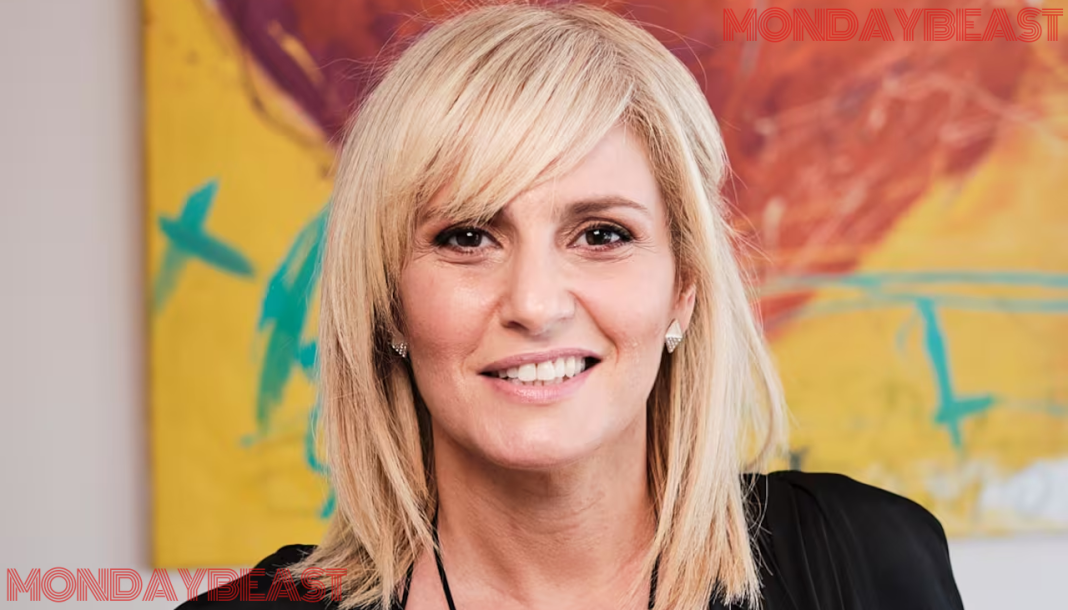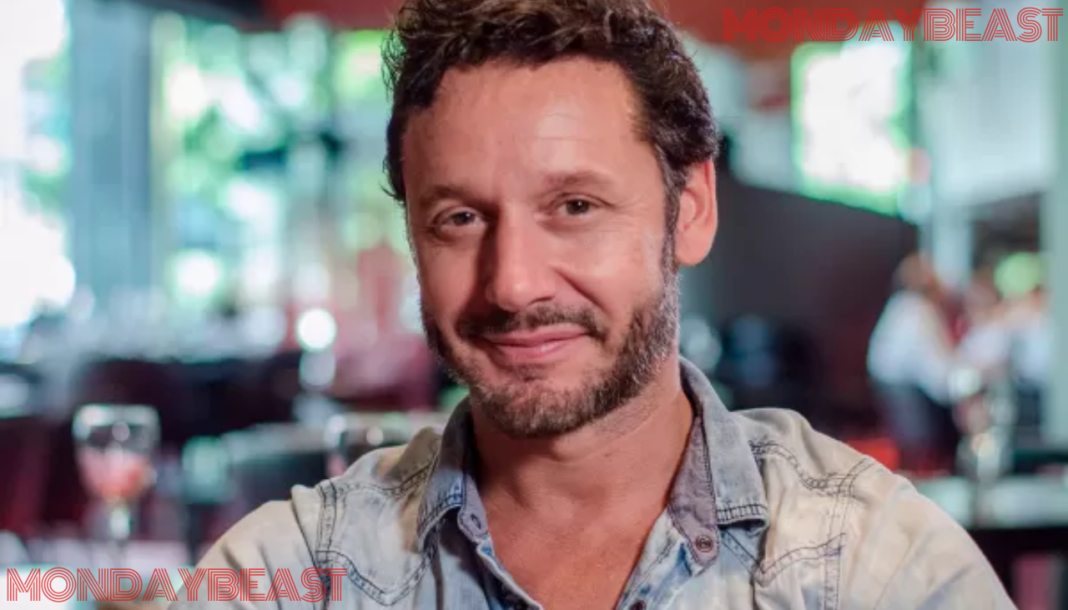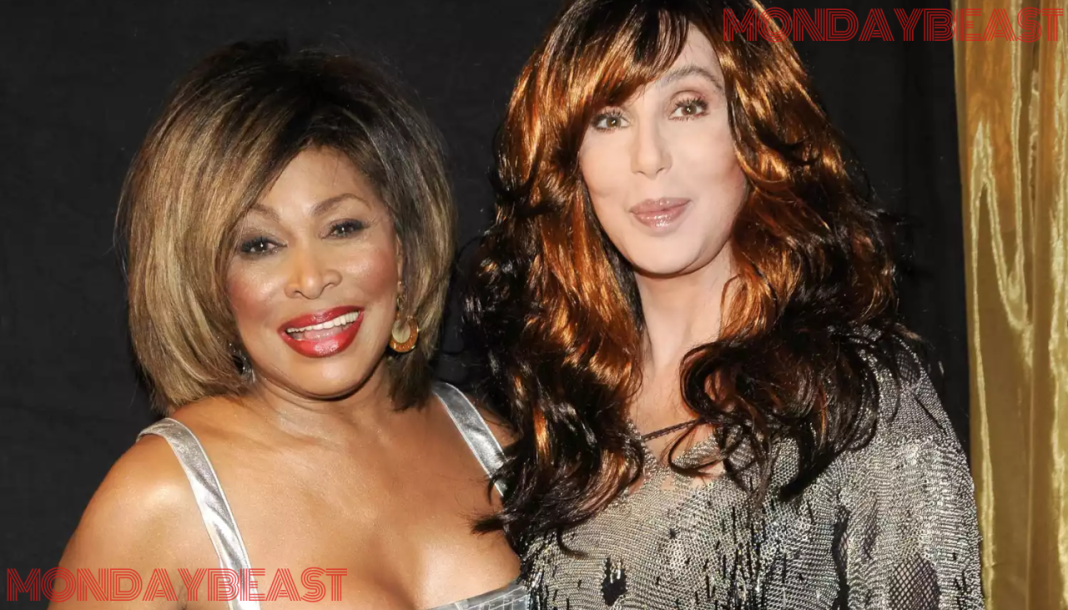When it comes to love, how do we define boundaries? For Romina Manguel, a respected journalist, love has taken an unexpected turn. At the center of a media storm, she navigates the tricky waters of a relationship with a man 21 years her junior.
The age difference? It’s hard to ignore and harder to define in our modern world. In a candid chat on Socios del espectáculo, Manguel tackled the pressing issue head-on, blending honesty with her trademark humor. Manguel didn’t hold back.

‘No traten de darle vuelta ahora,’ she explained. That translates to, ‘Don’t try to spin this.’ She understands that a 21-year age gap raises eyebrows. In a world often obsessed with youth, Manguel’s relationship challenges norms deeply rooted in societal expectations. Is there truly a wrong age to fall in love?
Over the years, she’s faced a whirlwind of opinions. Initially, Manguel’s family struggled to accept Matías. ‘My mom cried, and we didn’t speak much for a while,” she admitted during the interview. It’s a powerful reminder of how ingrained age-related stigma can be.
Families have norms. They hold expectations. But love, as Manguel illustrated, can break through those walls. The recent scrutiny surrounding other couples with age gaps, like La China Suárez and Franco Colapinto, reignites the conversation. Her relationship caught media attention, but it serves another purpose.

It shines a light on the larger conversation about age disparities in romantic partnerships. Are these relationships beneath judgment, or should they be celebrated as an expression of love? Manguel’s remarks reflect a broader sentiment. Age gaps can create noise.
‘O sea, me parece que toda esa cosa medio careta,‘ it makes noise, but love is love,’ she said with conviction. Humor is Manguel’s secret weapon against judgment. She quipped about how she was deep into her career when Matías was born, offering a snapshot of their contrasting experiences.
Despite societal reactions, Manguel described a liberating journey. She identifies as a person full of tradition. She married in a temple, raised two daughters, and followed societal norms. It’s poignant how she stands at a crossroads, embracing new experiences while respecting her roots.

What does it mean to live authentically? This leads us to a crucial question: How do our closest relationships shape our identities? Manguel grapples with acceptance—not solely from society, but from within herself. That quest for self-acceptance resonates deeply.
It touches on our own intrinsic views about love and partnership. Moreover, there’s something to be said about public personas. Manguel’s career demands visibility, often turning her personal life into a spectacle. Yet, she balances that with grace.
Her journey highlights the need for understanding and empathy in our responses to others’ choices. Can we evolve our thinking? Can we celebrate love, regardless of age? In this dynamic landscape of relationships, Manguel stands as an example of embracing who you are and loving whom you choose.
It’s a reminder to us all: Love doesn’t adhere to a set of rules or checkboxes. Do we dare to broaden our definitions of love and companionship? Ultimately, the tale of Romina Manguel invites us to reflect on our perspectives toward love.
It pushes us to challenge ingrained assumptions. Age gaps aside, isn’t love what matters the most? If Manguel’s experience teaches anything, it’s that love, in all its forms, deserves both recognition and celebration.




